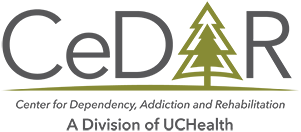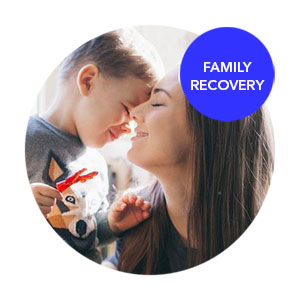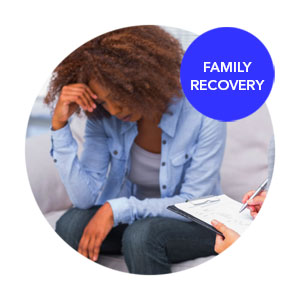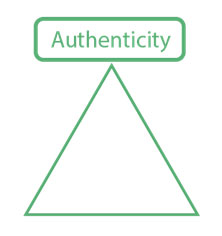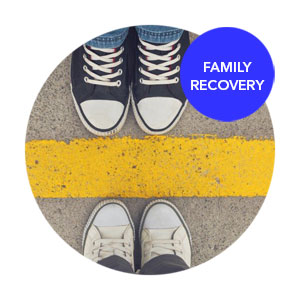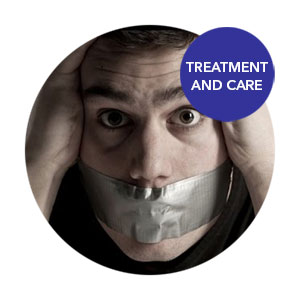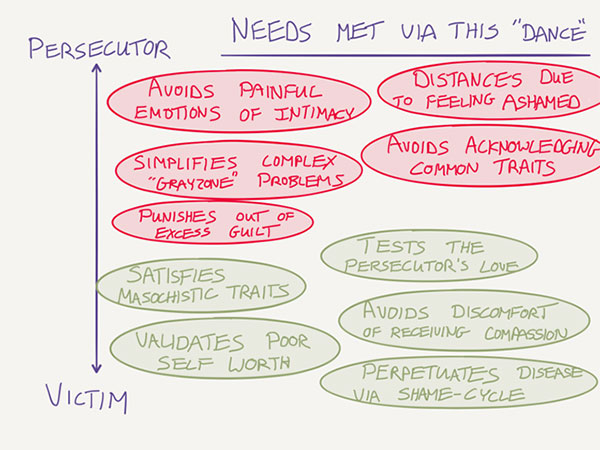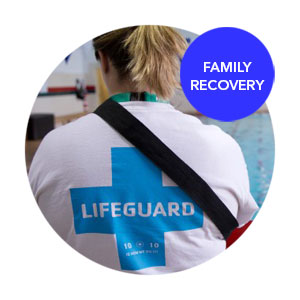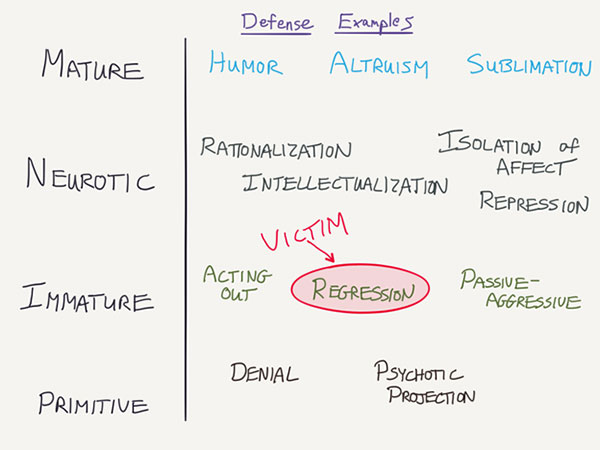What is a Parental Responsibility Evaluation (PRE)?
Sadly, we work with families at CeDAR in which a marital relationship is no longer sustainable. A Parental Responsibility Evaluation (PRE) is a commonly used resource for those struggling with divorce and planning for co-parenting. Read more about a PRE.
